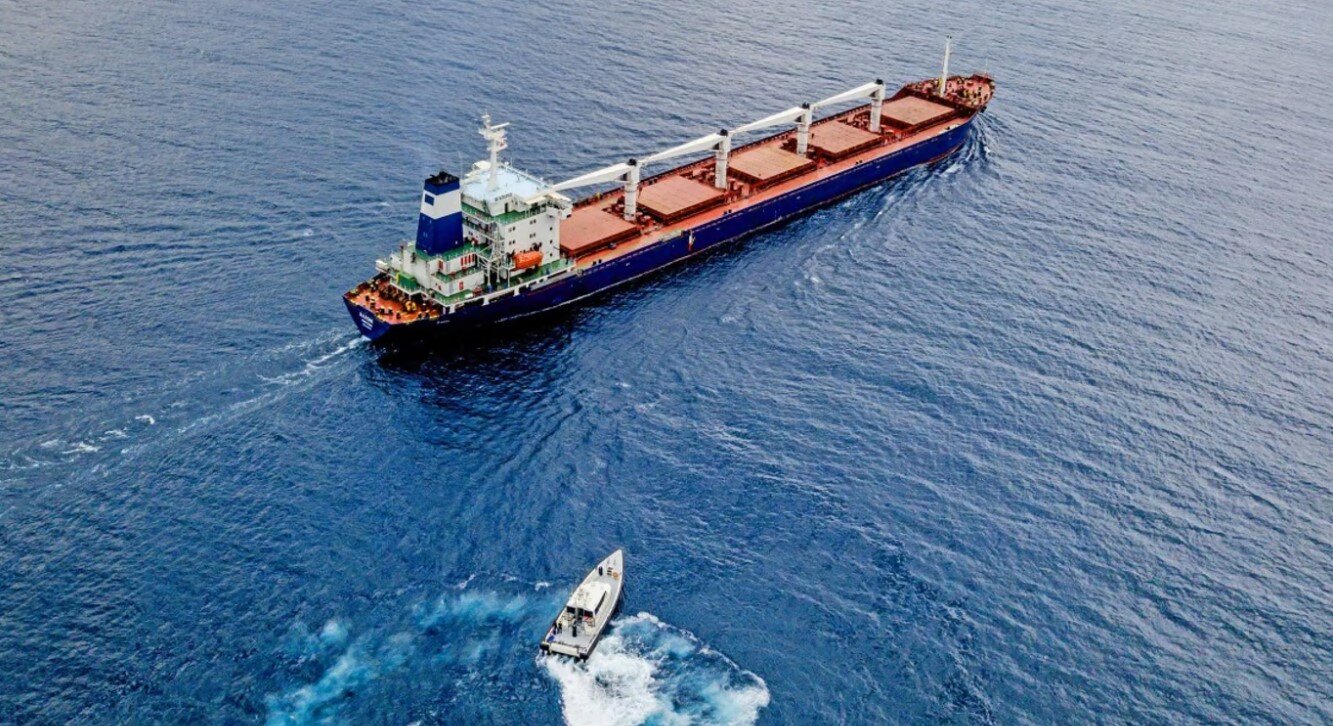Asian end-users are expected to ramp up summer LNG procurement activities to meet rising cooling demand as Northeast Asia grapples with unprecedented heat waves.
Multiple regions across northern Asia have reached record-high temperatures for June, with meteorological agencies issuing heat wave warnings for the coming weeks.
Demand from Japan has begun to emerge, as high temperatures have fueled increased demand for prompt deliveries. Other Asian end-users were on the sidelines amid higher prices.
Underscoring the need for prompt supply as temperatures rise, the LNG market structure between first-half August and second-half September stood at an 11 /MMBtu backwardation at the Asia close July 4, indicating the market’s preference for prompt cargoes. Platts, part of S&P Global Commodity Insights, assessed the balance-month-next-day derivatives at $/MMBtu on July 4 and the JKM September derivatives at $/MMBtu, reflecting a 6 /MMBtu backwardation.
“The market is becoming more balanced because of stronger expected power consumption amid the heat waves in Northeast Asia,” said a Singapore-based trade source, adding that supply in H1 August is slightly tighter.
In Japan, power demand was strong due to higher temperatures. The day-ahead 24-hour electricity price rose to Yen /kWh for July 7, the highest level so far this summer on the Japan Electricity Price Exchange.
Most of Japan, spanning from Kyushu to Hokkaido, is forecast to have a 70% probability of experiencing temperatures above the 30-year-average from July 5 to Aug. 4, while the region of Amami and Okinawa have a 50% and 20% chance of above-normal temperatures, respectively, the Japan Meteorological Agency said July 3.
According to sources, JERA was actively seeking prompt cargoes in the spot market for deliveries scheduled in the summer months of July and August, while other Japanese companies were in the market seeking replenishment cargoes.
Tohoku Electric Power and INPEX procured cargoes for September and October deliveries, respectively, in the week ended July 5.
The Platts-assessed Tokyo baseload spark spread — the benchmark for power producers assessing the profitability of generating electricity from LNG — nearly quadrupled for September to $/MMBtu on July 4 from minus $/MMBtu June 20.
In South Korea, a heat wave has broken June temperature records in multiple cities, including Busan, Daegu and Mokpo, according to the Korea Meteorological Administration in a warning issued July 2.
However, South Korean end-users have not actively sought August LNG cargoes as inventory levels remained buoyed.
State-owned Kogas have executed purchases for summer deliveries over July and August in the first week of June, which could have dampened current demand, sources said.
The recent purchases by some South Korean participants in the week to June 27 were characterized as opportunistic buying, driven by falling spot JKM prices, rather than a reflection of actual summer demand, sources said.
In China, temperatures are poised to climb almost 3 degrees Celsius above historical averages. Over the next week, Shanghai, Nanjing and Hangzhou will see temperatures around 35 C to 39 C, with some places reaching 40 C and above, the China Meteorological Administration said.
The national maximum electricity load reached 1.465 billion kW July 4, an increase of approximately 200 million kW compared to the end of June, marking a new historical high from 1.451 billion kW in 2024, the National Energy Administration said July 7.
This represented an increase of nearly 150 million kW compared to the same period last year.
China’s national oil companies were in the market seeking cargoes to replenish summer inventories, following purchases made in the week ended July 5, market sources said.
However, there was no significant uptick in domestic demand, with purchases aimed at ensuring adequate storage, sources noted.
“There has not been much activity among second-tier players, and it seems there are no immediate plans to purchase spot cargoes,” a China-based trade source added.
To date, 16 cargoes for July and August into Japan-Korea-Taiwan-China were awarded via buy tenders, compared to 11 in the previous year, according to Platts historical data.
Low demand in South Asia, Southeast Asia
In South Asia, summer power demand in India and Bangladesh was low amid an early monsoon season.
“Inventories are still relatively healthy. There is no need to restock yet,” an Indian trade source said.
To date, five cargoes for July and August deliveries into South Asia were awarded via buy tenders, compared to nine in the previous year, according to Platts historical data.
Summer spot activity from Southeast Asia has seen a year-over-year decline. At present, four cargoes for July and August deliveries into Southeast Asia were awarded via buy tenders, compared to nine in the previous year, according to Platts historical data.
Thailand’s PTT, which procured six summer cargoes in 2024, awarded its first summer tender seeking a cargo for H2 August delivery at a 20 /MMBtu discount to the JKM FMA.
Source: Platts





